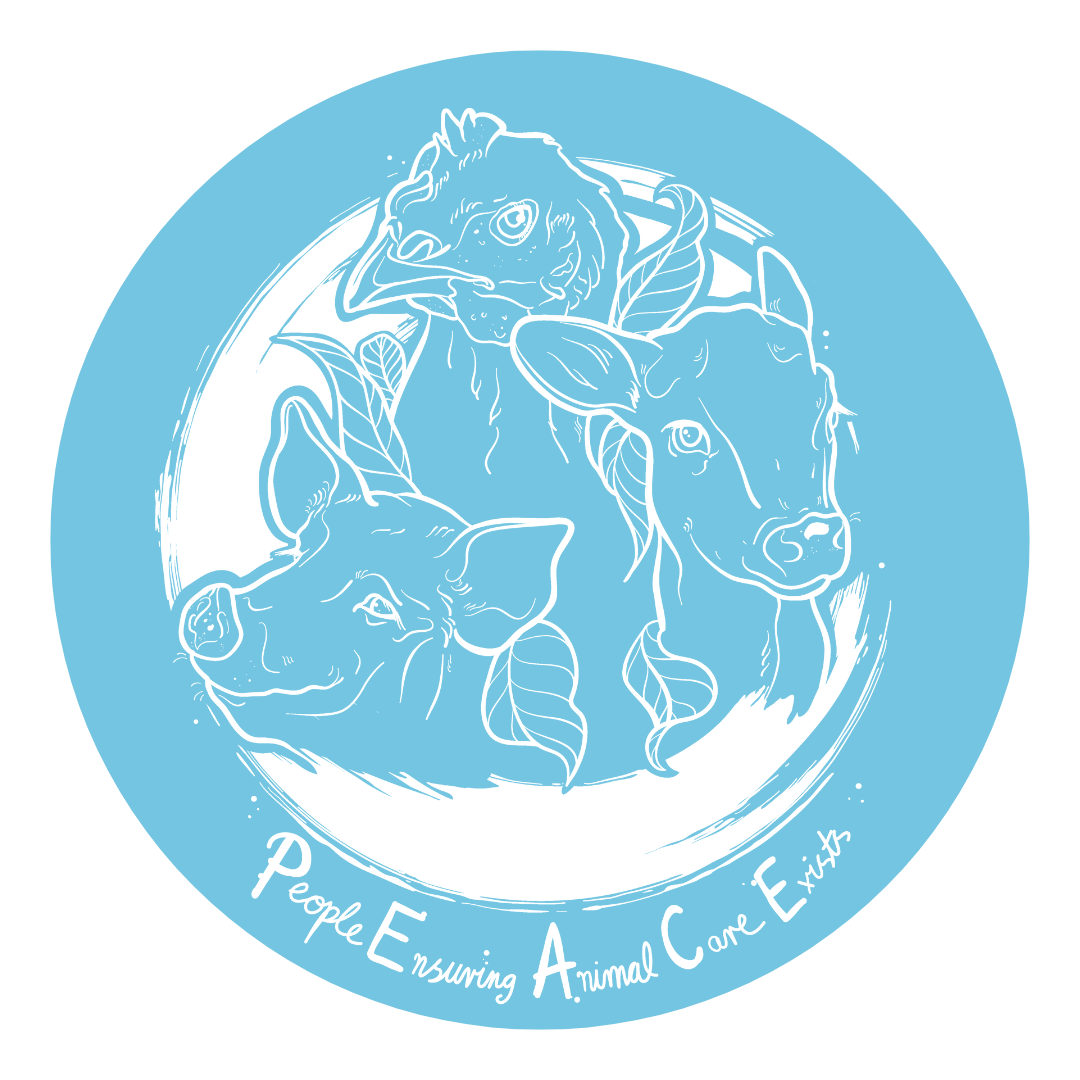Article By Kali Nelson
“It’s my personal choice to eat animals.”
Sometimes this thought pops up during a discussion around the ethics of eating animals. The key idea behind it is that we should respect each other’s choices instead of being critical of what one person does, whether or not that’s different from what we would do.
Is It a Personal Choice?
It’s inarguably a personal choice to eat animals. Anything we decide to do is our choice. But what does that mean from an ethical perspective? Does that automatically justify doing it?
It’s the choice of hunters partaking in the controversial Canadian seal hunt to club infant seals over the head or kill them with an ice pick. It’s the choice of poachers to illegally slaughter elephants for their valued body parts. It’s the choice of fishers to cut the fins off a shark and release them back in the water to die of blood loss or suffocation.
Deciding to do something doesn’t then defend whatever action follows. When our actions violate another and take their choice away, it’s no longer simply personal. If we lived in a society where people were entitled to do something just because they chose to, the world would be a scarier place.
What’s Less Personal About the Choice?
Calling something a personal choice also suggests that we are the only party affected by it. When our choice directly costs an animal their life, that’s an impossible statement to make. It’s easy to see a piece of meat in a grocery store and disconnect from how it got there. If we rewound the clock, we’d see where we slaughtered an animal who wanted to live. That meal requires a victim.
It’s certainly a grey area when our choices affect the well-being of others. That is the nature of living in a free society, where someone else’s liberty brushes up against yours. But unlike when you cross the line with another person, an animal isn’t able to defend their case. There are laws built into society to keep people safe. Despite being as capable of suffering, animals don’t have that same protection.
Eating animals means supporting the inhumane practices within animal agriculture. There are environmental and health effects. Slaughterhouse workers are typically paid low wages to do a job that can, unsurprisingly, result in serious PTSD. Our decisions about what we eat mean something on a personal and global scale.
When Did We Decide?
For many people, eating animals isn’t so much a personal choice as it is the cultural norm they haven’t questioned. If you were born into a deeply religious family, there would likely come a point where you’d ask, “does this choice align with my values and what I truly believe?” The same logic can apply to any aspect of our lives.
Our choices about what we eat send an impactful message about the practices we want to support with our dollar.
If you’re curious about exploring what veganism could look like for you, check out the free resources at Challenge 22.

